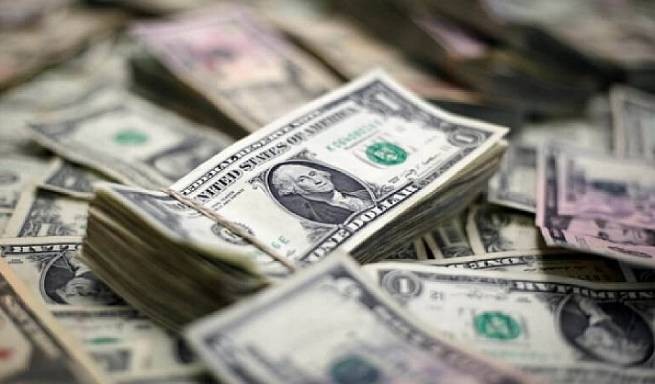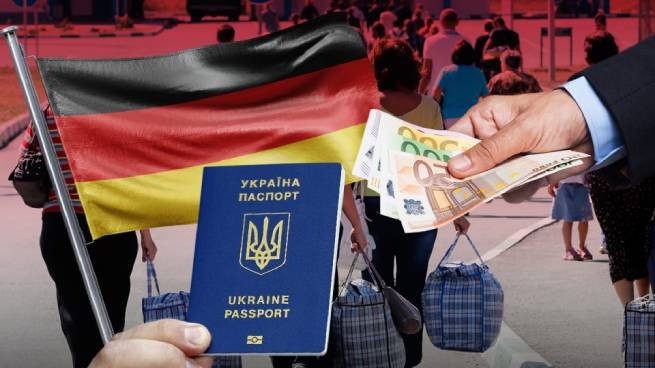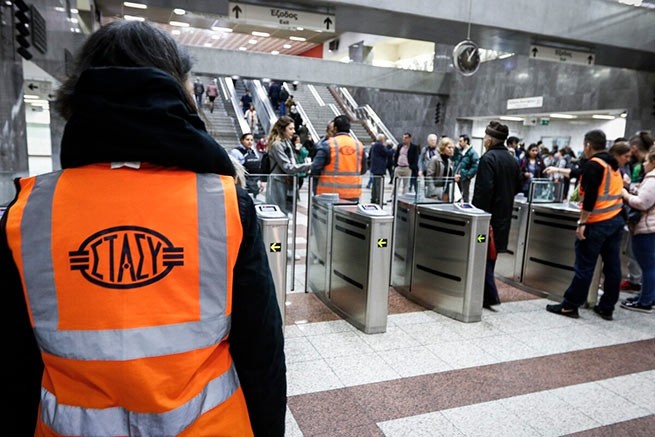Greece, Cyprus and Malta are most at risk in the zone EU lose food security due to the war in Ukraine.
These are the results of a large-scale study, presented in the report of the Polish Institute of Economics. In the course of considering all the factors in the current situation, the institute’s specialists developed a sensitivity index (SI), which takes into account the self-sufficiency of a given country in wheat production, the share of Ukrainian and Russian wheat in the country’s reserves, the share of grains and root crops in the energy balance of each state.
The latest report of the institute “Crisis demand in the food market as a result of the invasion of Ukraine” demonstrated that the following countries are most at risk of losing their food security due to Russia’s aggression against Ukraine: Benin (SI = 97.6), North Korea (SI = 97 .3), Sudan (SI = 92.5), Nicaragua (SI = 90.8), Democratic Republic of the Congo (SI = 89.8). Following them on the list are Armenia, Lebanon, Georgia and Rwanda, with a total population of 300 million inhabitants.
Greece, Malta and Cyprus topped the table with data for Europe, although among world states they rank in the second hundred. The report elaborates: “Thus, in their cases there is no serious risk of a food crisis.”
But study participant Marek Wonsinski noted that Russian aggression could trigger a global food crisis, most felt mainly in the poorest countries that depend on grains and food from Russia and Ukraine. According to the received data, more than 90% of wheat imports of Benin, Mongolia, Armenia, North Korea, Sudan, Lebanon and Belarus come from Russia and Ukraine. Mr. Wonsinski noted that the consequences of the Russian invasion will cover the whole of Europe:
“Food prices could rise by 20% a year after the summer period as a result of the Russian invasion, as well as drought in Europe and around the world. This, in turn, will lead to higher inflation in Europe.”
The report specifically highlights Russia’s responsibility for the ongoing food crisis, not only because of its intervention, but also because of its deliberate actions affecting agri-food markets. Institute analysts note that Russia is robbing Ukrainian grain, destroying food warehouses and closing Ukrainian ports that exported agricultural products. Investigator Jan Strzelecki says:
“The dependence of many African and Asian countries on Russian wheat imports was much greater than on imports from Ukraine.”
The authors of the report argue that even after the end of the war in Ukraine, “food prices will not fall rapidly, they will remain high,” writes newsbreak.gr.







More Stories
Flood victims in Thessaly will pay property tax (ENFIA)
Fines of 1.5 million euros for 11 large retail chains, including Leroy Merlin, Attica and JYSK
Reuters reveals what the Mitsotakis government doesn't want to talk about: “Huge debt – low wages”